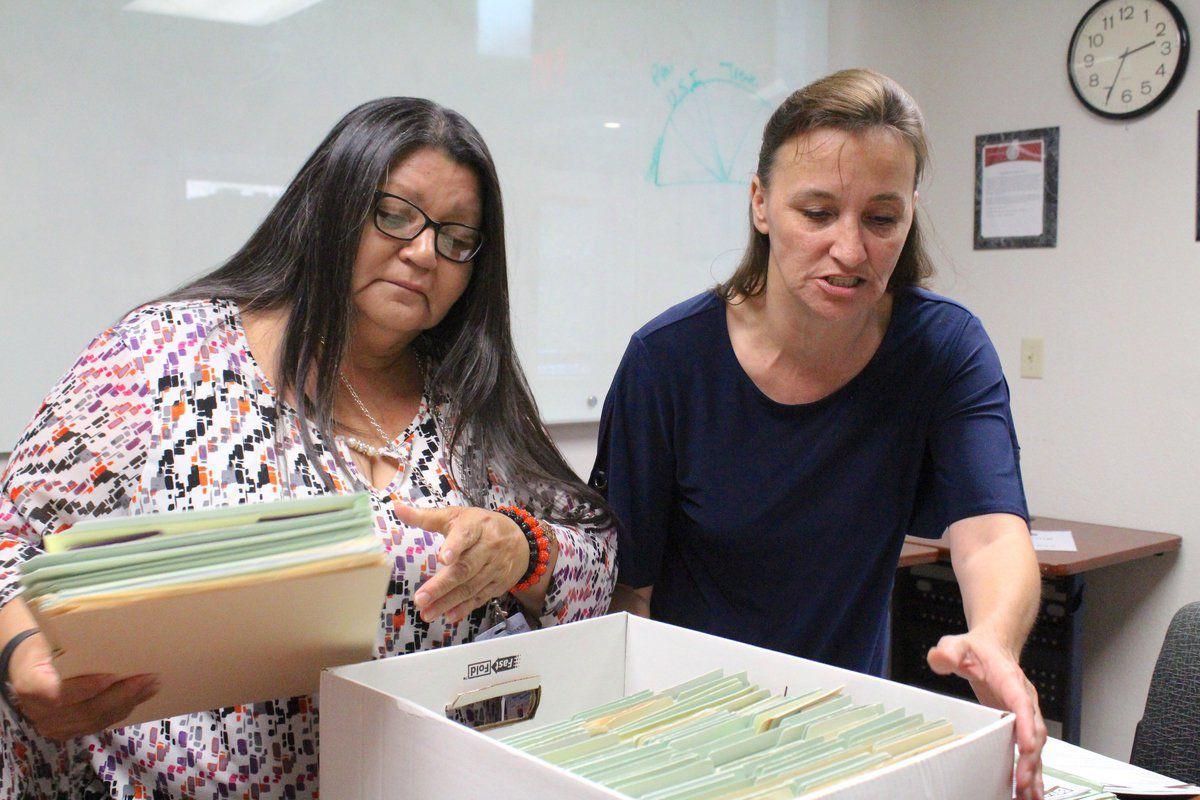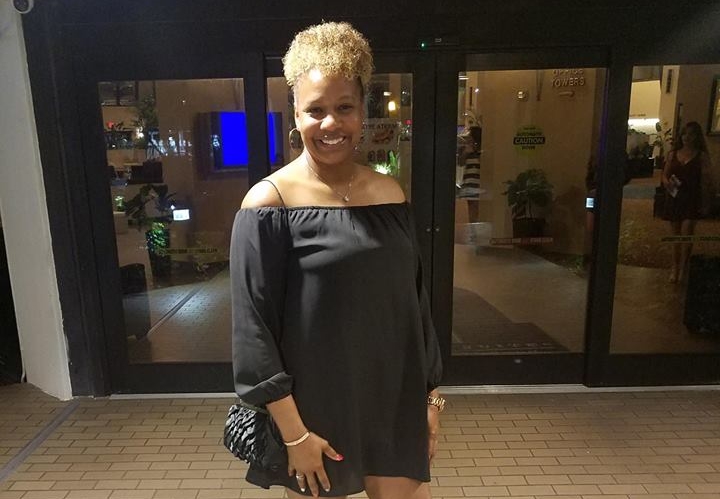
www.tahlequahdailypress.com
By Grant D. Crawford gcrawford@tahlequahdailypress.com
The opioid crisis in the U.S. isn’t confined to one demographic of the population, as the misuse of prescription medication has impacted Americans across all walks of life.
According to the National Institute on Drug Abuse, more than 130 people die from opioid overdose every day. The Cherokee Nation has been proactive in combating the epidemic – first by suing manufacturers, and then by applying for a Dislocated Worker Grant from the U.S. Department of Labor.
The tribe received the grant in February. Over time, it could be worth up to $6 million, though the initial funding was $2 million. The money will go toward finding jobs for people who have been impacted by the opioid crisis.

Ashawna Miles, CN opioid program ,manager overseeing the National Health Emergency Dislocated Worker grant, said the tribe is still looking for individuals to participate. A portion of the grant was designated to place 50 people in support staff positions with Cherokee Nation Behavioral Health. The first two participants “were a great fit,” said Miles.
“We have them on what we call ‘work experience,’ so what that means is basically, we’ve placed them in a behavioral health clinic to obtain experience in the health care setting,” said Miles. “These two individuals are potentially going on to be peer-recovery specialists. That is a certification you can receive by going to Oklahoma City for a week-long class and training.”
Miles added that participants have “either directly or indirectly dealt” with the opioid crisis “and have overcome it.”
The program spans the tribe’s 14-county jurisdiction. Any county the Cherokee Nation’s jurisdiction touches will also be covered.
There are four different criteria of eligibility, set by the Department of Labor. To be eligible, individuals must: have been temporarily or permanently laid off as a result of the opioid crisis; have exhausted their unemployment eligibility or are eligible for unemployment; have been long-term unemployed, 27 consecutive weeks or more without a job; or have been self-employed, but are now underemployed or unemployed. No tribal citizenship is required; the program is available to anyone who meets one of criteria.
Miles gave a hypothetical scenario of a someone who would be eligible. She said, for example, if a woman had a son who’s been struggling with opioid addiction or misuse and it resulted in either of them being laid off for missing work, the Cherokee Nation could assist.
“So not only do we want to assist the son who is directly dealing with the opioid crisis, but we also want to assist the mother, because she is also directly and indirectly having to deal with it,” said Miles.
The program is not just beneficial to the tribe’s behavioral health facility, but to any facility. Those who go through the training and gain peer-recovery specialist certificates could potentially have full-time jobs at any behavioral health facility.
Aelicia Green and Karen Stopp were the first two participants of the program. They work in the prevention department of Cherokee Nation’s Behavioral Health clinic in Tahlequah, and have gone out to communities to help with training and to tell their own stories.
“We just love it, because it gives us the opportunity to be in this department,” said Green. “We have a past, so it’s just giving us an opportunity to help and give back to others, as well. We went to a convention and spoke, kind of told our testimony in front of everybody. You can sit there and tell someone about the opioid problem, but when you hear it first hand, like we did by standing up and giving our testimony, it just kind of makes it become real.”
Not only does the grant funding provide job placement for 50 individuals, but it also can provide training for 250 people in various career fields. Those who may have been laid off from work or are looking to change careers can receive training in a variety of areas. Miles said the tribe has individuals working to become certified nursing assistants. Training for areas like hospitality and construction related occupations are available, too.
“We have some that are current LPNs [licensed practical nurses] who are looking to be RNs [registered nurses],” said Miles. “Then we have individuals who want to work in the manufacturing or construction fields. So we have a couple of individuals we’ve assisted with obtaining their welding certifications, and now they’re welders at various locations.”
The grant offers an opportunity for affected people to show it is possible to adapt and overcome issues with opioid dependency. Stopp wants to inspire people who have lost hope.
“Your testimony can either make you or break you,” she said. “Through our testimony, we’re able to help others. We want to be a hope to others.”
Those interested in the Cherokee Nation’s dislocated worker grant should call Cherokee Nation Career Services at 918-453-3333 and ask about the HOPE grant.









